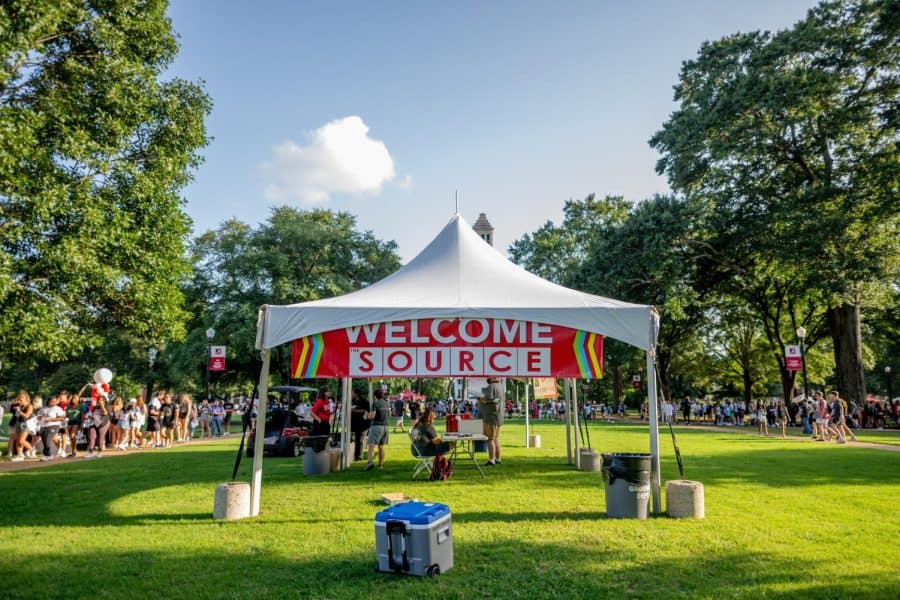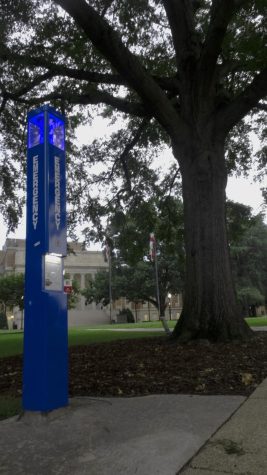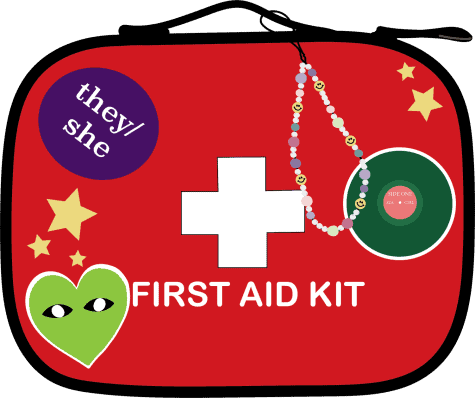Value the fun organizations on campus
August 9, 2022
Within the first months of the fall semester, new organizations, councils and clubs flock to welcome the incoming first-year class and recruit them into these campus subgroups. In the beginning, some groups’ voices can often cloud the brain.
During my first year, I was stuck in a mindset of “if I must interview or apply for this organization, it must be sought after and useful.” The presence of an admissions process does not make clubs worthwhile. If anything, they are an indicator of internal competitiveness.
During September of my sophomore year, I attended my first Get on Board Day, an event held each semester to expose students to new student organizations. There I was exposed to the many niche interests I could explore purely.
It was unsettling to realize how long I had been in the dark about all the different avenues available to me. The University of Alabama is home to hundreds of organizations, clubs and more covering niche interests and hobbies, and these numbers grow yearly.
It’s essential to find clubs that service your individual wants, and this could be in the form of the frequently sought out and over-advertised councils. However, most students ignore that they should join an organization to alleviate college stress and spark already or soon-to-be-ignited interests.
It’s easy to get caught in the storm of deciding which clubs would look best on a resume or provide the most useful experiences. These clubs are necessary, but not the only goal. It’s just as important to join a group purely for the sake of your own enjoyment.
So maybe it’s a hobby you never had time to pick up or a specific hobby you’re experienced in. Lucky for you, most clubs have a ratio of novices to experts that fluctuates just as much as you would expect. This often opens the floor for an unparalleled opportunity to further your own knowledge or provide insight for your peers on a specific topic.
Personally, I found that the sharing of ideas within these student organizations can be one of the most powerful experiences that they can provide you. With an almost clean split of out-of-state students and in-state students, the meshing of different mindsets coupled with entirely different world views can be one of the most valuable additives. A group of individuals with a similar core idea and different experiences opens the pathway for a fully encompassing conversation.
Once you join a club that you find intriguing or that aligns with specific thoughts you hold, you’re presented with a group of people who hold similar beliefs and interests. This is an ideal realm for meeting friends or building a community of sorts. Instead of seeking out friends in general education classes or during the first week in your residence hall, clubs can create a more focused environment for a lifetime of change.











